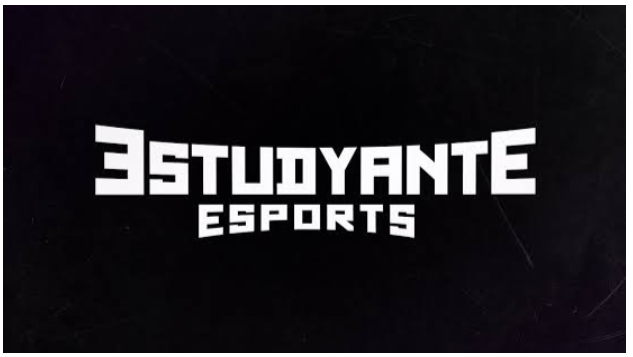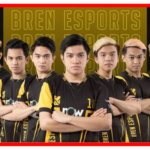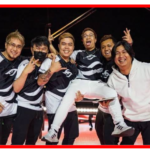Dark League Studios made a resounding statement in merging esports and education with the successful staging of the inaugural Estudyante Esports SummEEt last March 2 at the iconic Rizal Memorial Coliseum.
Under the banner of Dark League Studios’ Estudyante Esports Program, the summit aimed to underscore the symbiotic relationship between esports and academia, fostering a sustainable future for both the burgeoning industry and the aspiring gamers within the student community.
“At Estudyante Esports, we invite everyone to embrace the future and support the passion of the younger generation in esports. Gaming isn’t just a hobby; it can be a viable career path. Our program is about creating sustainability and safeguarding the future of students,” shared Dark League Studios CEO, AC Valdenor.
Beyond the summit, which is slated to be a biannual event, the Estudyante Esports Program will roll out various initiatives. These include school caravans featuring esports exhibits with leading brands and game publishers, alongside game demos and seminars exploring different career paths within the industry.
Moreover, the program aims to integrate esports into the academic landscape by developing certificate courses or electives centered around the esports industry. Notably, a certificate course on esports and digital gaming fundamentals is already in the works at the School of Professional and Continuing Education of De La Salle-College of St. Benilde.
Highlighting the program is Smart Communications’ University Clash, a multi-title esports tournament designed for partner schools and student organizations. This tournament not only provides a platform for friendly competition but also fosters camaraderie and teamwork among participants.
“Esports is more than just a passing trend; it’s a growing phenomenon that demands attention from educational institutions. Estudyante Esports aims to merge gaming as both a hobby and a competitive endeavor with academic pursuits,” emphasized Estudyante Esports Program director, Deng Kibanoff.
The summit attracted 2000 students and 200 school representatives, including 25 faculty members and deans, signaling a strong interest and commitment from the academic community towards embracing esports as an integral part of modern education.




